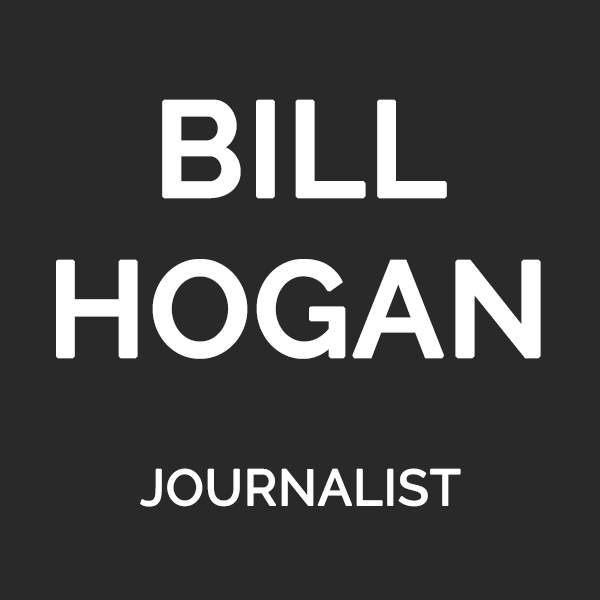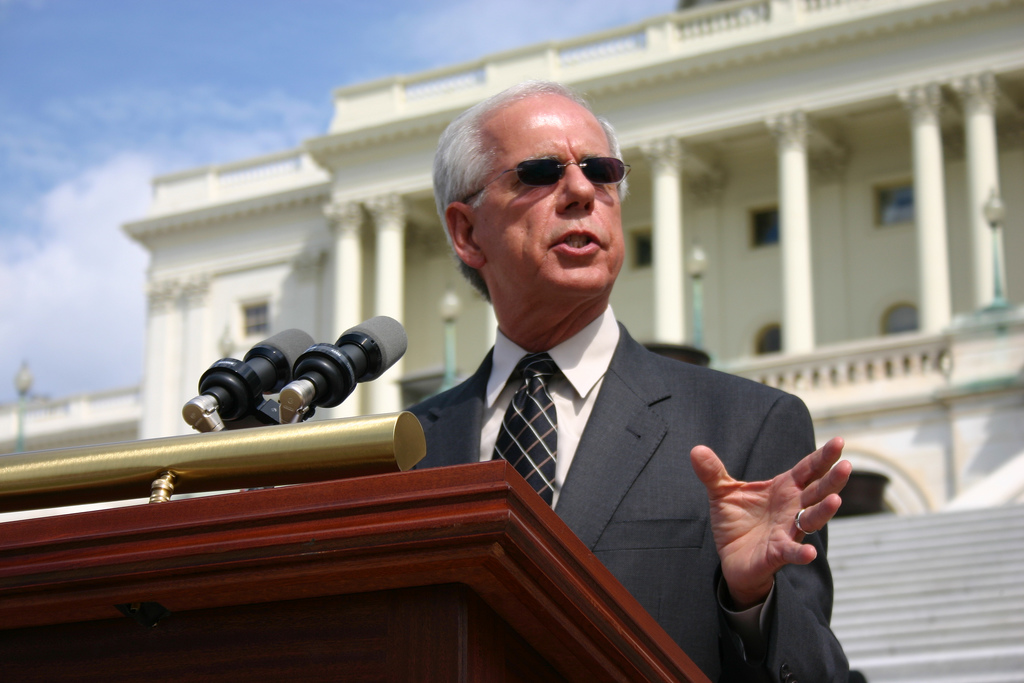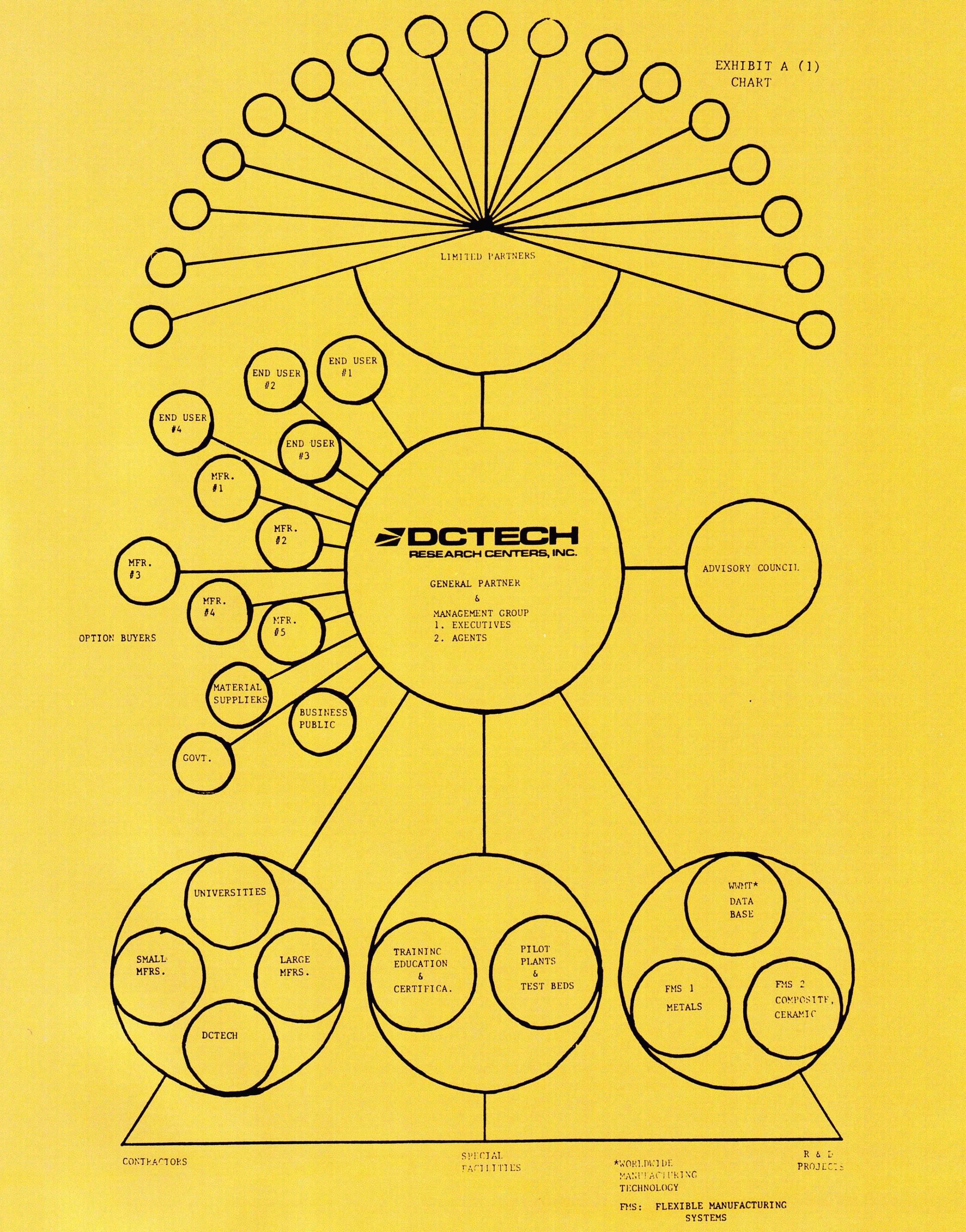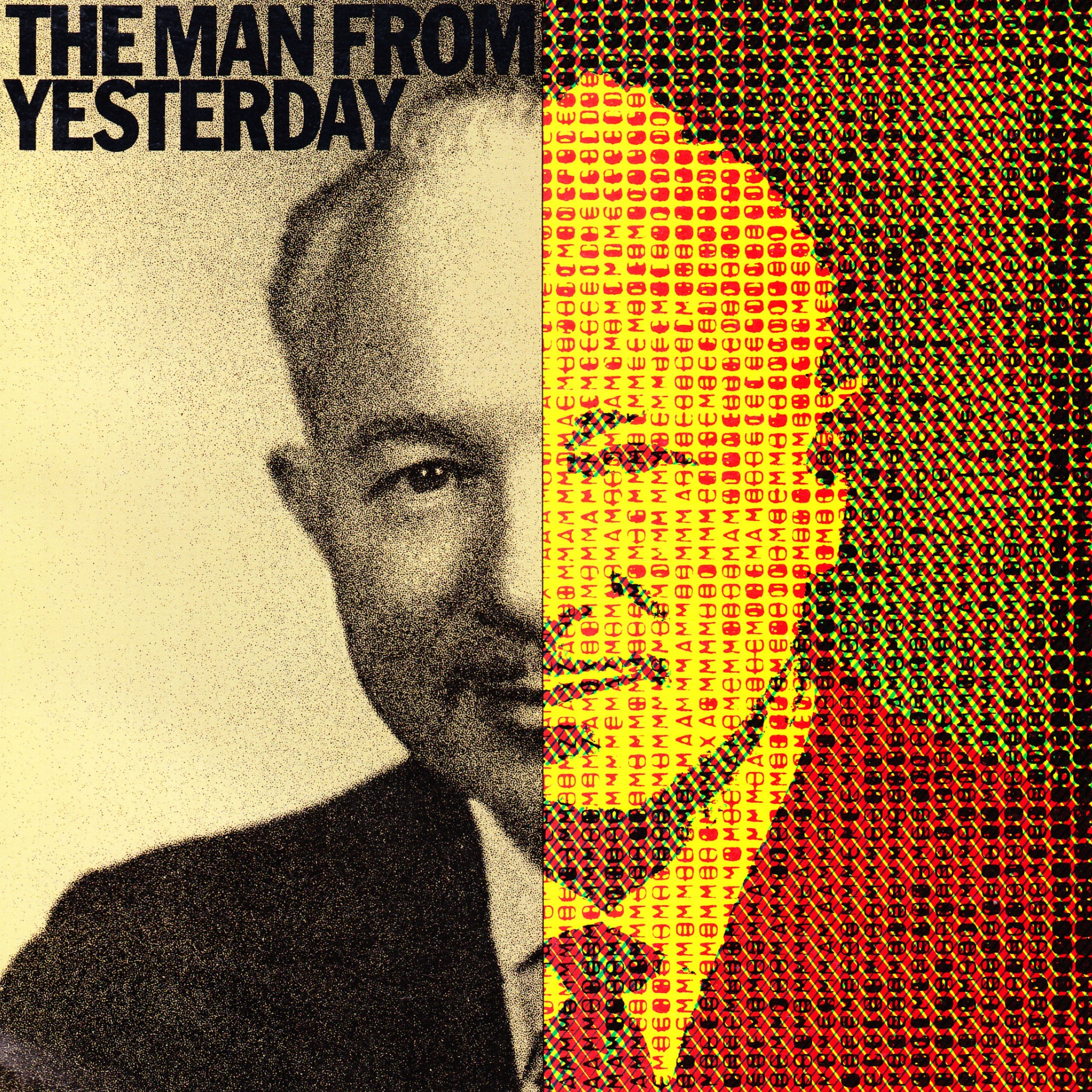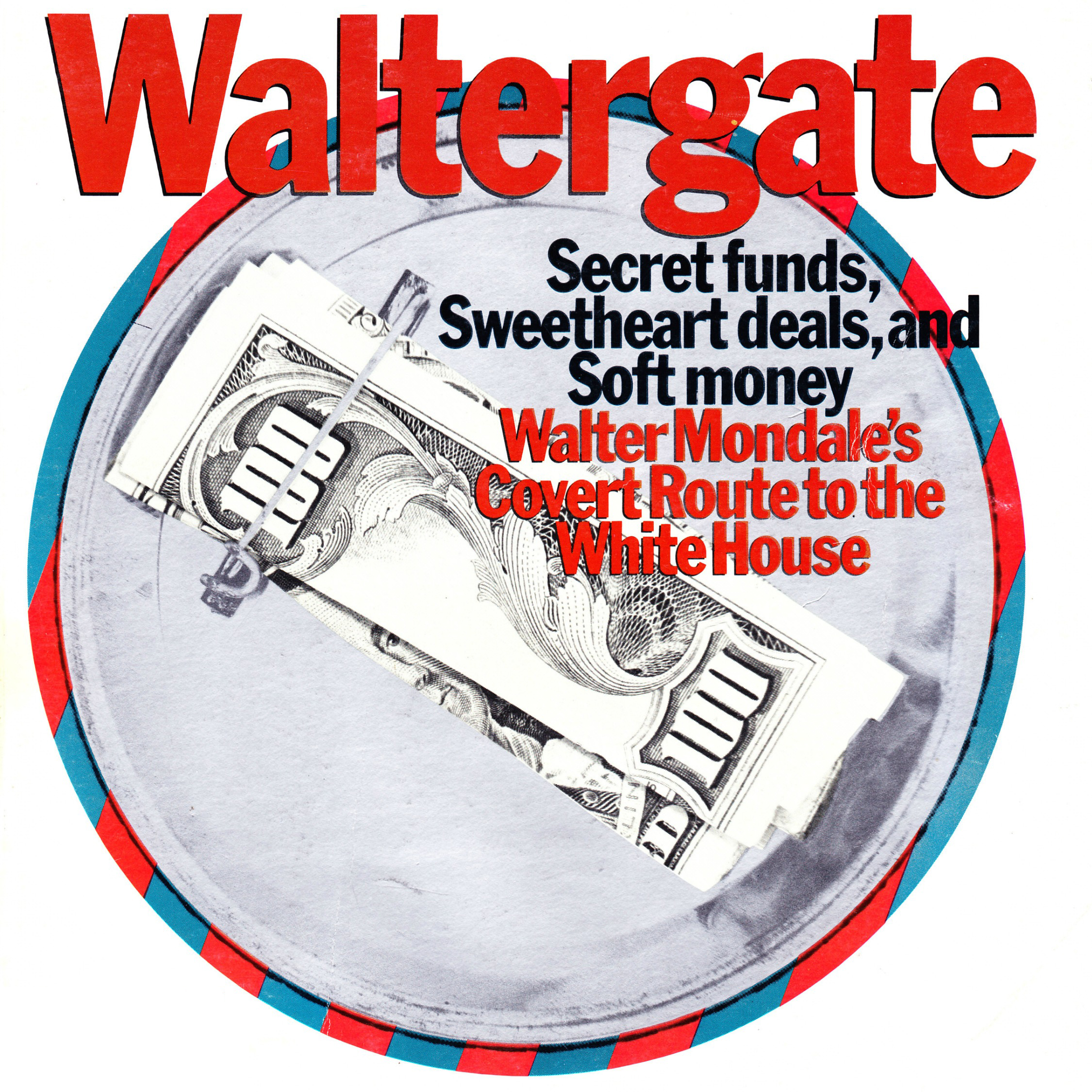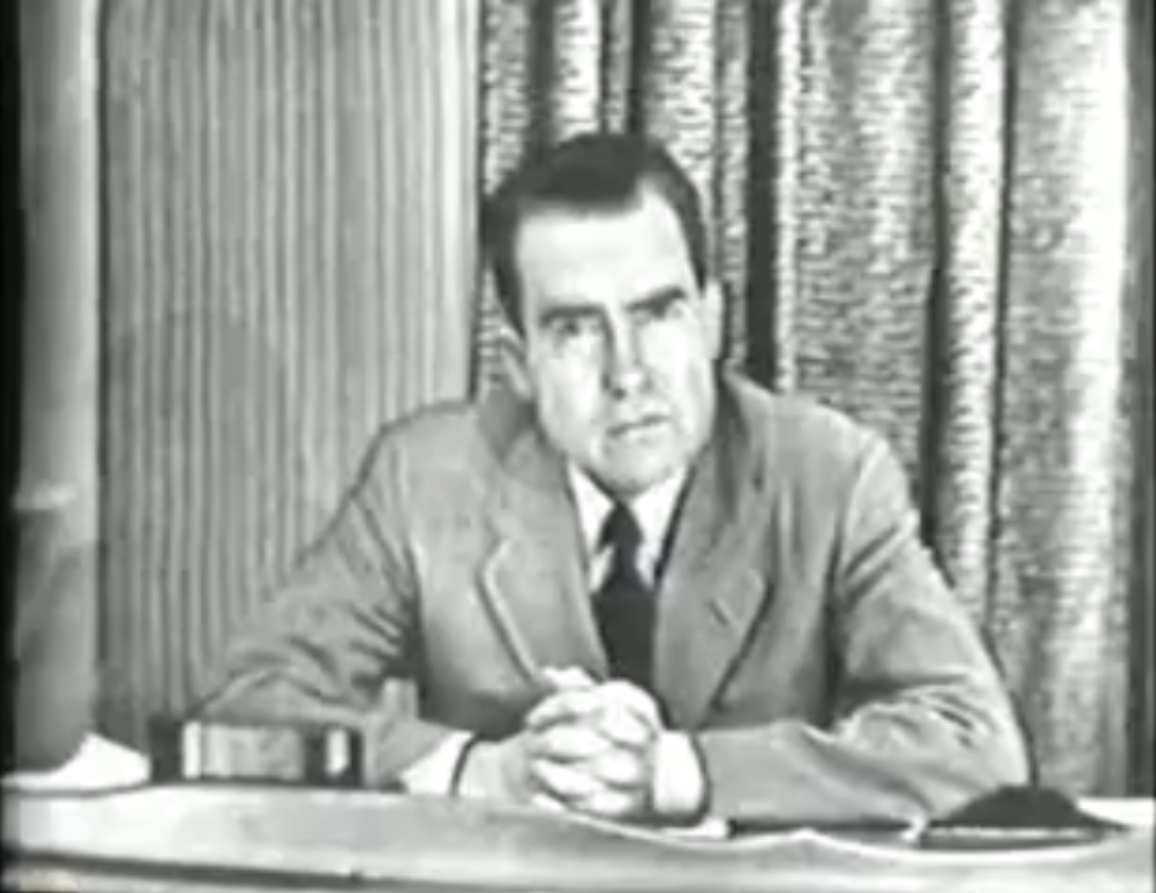Several hours before sunrise on Friday, November 5, 1999, Mark Johnson entered Federal Building 3 in Suitland, Maryland, and went inside the ground-floor offices of the U.S. Census Monitoring Board. The previous evening, a subordinate had called Johnson, one of the board’s two executive directors, with the news that five badge-bearing federal agents had shown up at the office just before closing time and
Tony Coelho, the chairman of Vice President Al Gore’s presidential campaign, did not report a now-controversial $300,000 personal loan on a federal financial disclosure report that he signed on June 11, 1998, the Center for Public Integrity has learned. The Center obtained the financial disclosure form as part of its investigation into Coelho’s activities as the U.S. commissioner general
On May 11, praising “his leadership skills and strategic vision,” Vice President Al Gore named Tony Coelho general chairman of Gore 2000, his presidential campaign organization. “Tony has been a great leader in every endeavor he has undertaken — government, business, and as an advocate for the disabled,” Gore said in the news release announcing the appointment. The release
This chart depicts O. Roy Chalk’s expensive — and expansive — plans for a research and development limited partnership centered around the machine-tool industry. It accompanied Chalk’s draft prospectus for DCTECH Research Center Partners, Ltd. Here’s what it means: General Partner. In the center of the chart is the general partner, DCTECH Research Centers, a wholly owned subsidiary of
After leaving the government in 1981 Walter F. Mondale became counsel to the law firm of Winston & Strawn, At the time he also undertook various other business activities. In addition, during 1981 through the November 1982 elections Mr. Mondale was active on behalf of candidates of the Democratic Party and the Committee for the Future of America (CFA),
In his 1975 book, The Accountability of Power, Walter Mondale described why he had abandoned his campaign for the 1976 Democratic presidential nomination in midstream. “I simply did not have the overwhelming desire necessary to do what had to be done to get elected,” he wrote. By 1981 Mondale had put that hesitation aside. He was ready to do
THIRTY-ONE YEARS AGO, A SECRET SLUSH FUND nearly ended the public career of Richard M. Nixon. The fund — which contained $18,235 — had been spent to supplement Nixon’s Senate allowances and to advance his national political prospects. Nixon, of course, salvaged his spot as the 1952 Republican vice presidential nominee by making one of the most famous political
